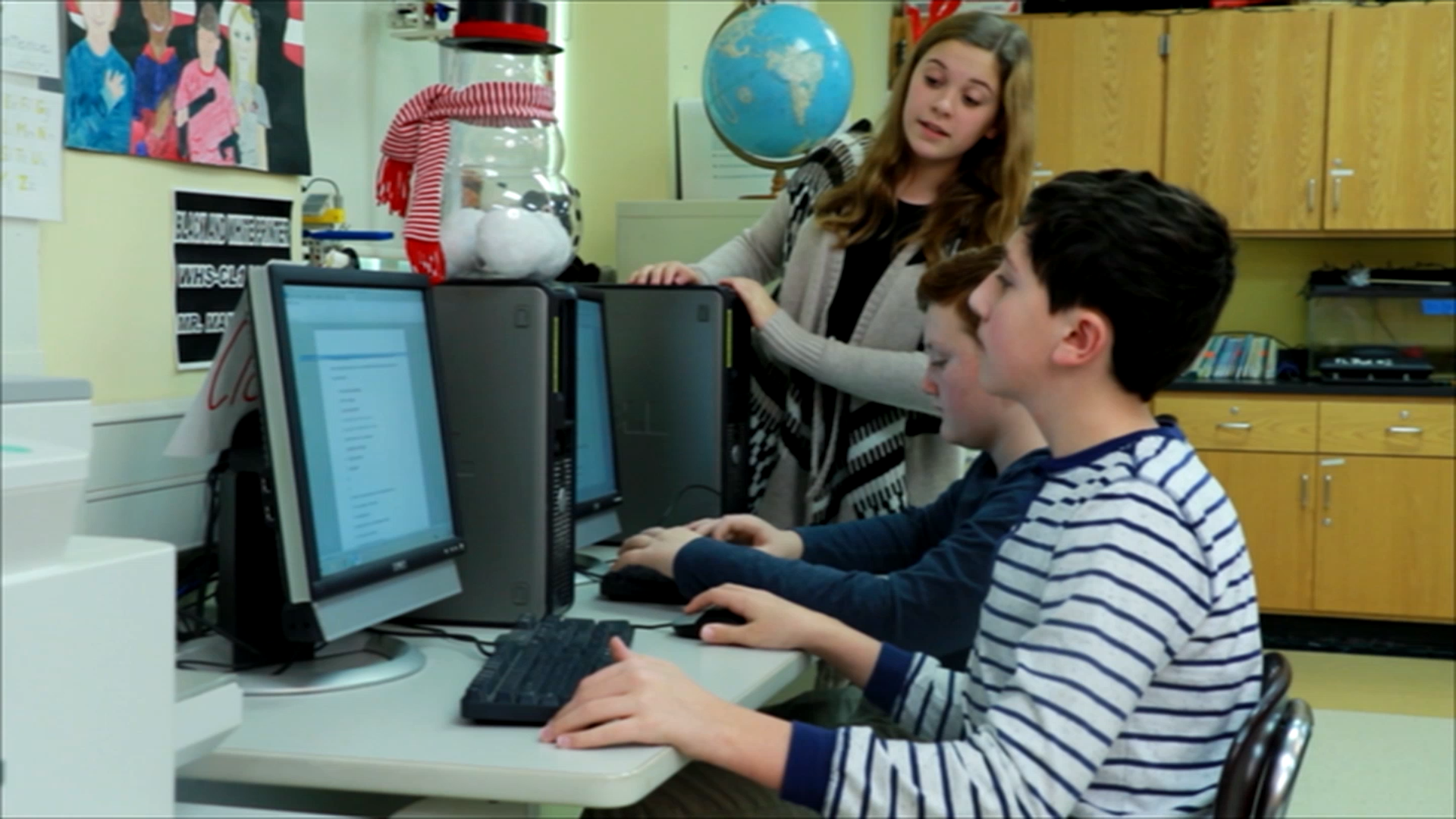Introduction
Teaching problem-solving skills to students in Special Education is essential for their personal and social development. By incorporating principles of Social-Emotional Learning, Solve It is a game that guides students through a step-by-step process of identifying and solving problems. In this blog post, we’ll discuss a no-prep activity, discussion questions, related skills, and how you can access free sample materials from Everyday Speech.
No-Prep Activity
Introduce the Solve It game to your students with this simple, no-prep activity. It requires no additional materials and can be played in groups or individually.
- Present a common problem scenario to the students, such as waiting in line for a turn on the playground equipment.
- Guide the students through the steps of Solve It:
- Identify the problem
- Figure out how big the problem is
- Think of possible solutions
- Pick a solution
- Try the solution and reassess its effectiveness
- Pause at each step and ask students how they feel about the current situation. This helps them develop self-awareness and empathy for others.
- After the problem is solved, discuss the process and the chosen solution. Encourage students to share their thoughts and feelings on the outcome.
Discussion Questions
These discussion questions can help stimulate further conversations about problem-solving and Social-Emotional Learning:
- Why is it important to identify the problem before trying to solve it?
- How can understanding the size of a problem help us choose the best solution?
- Why is it helpful to consider multiple solutions before picking one?
- How can assessing the effectiveness of a solution help us improve our problem-solving skills?
- How do our feelings and emotions play a role in problem-solving?
Related Skills
While playing Solve It, students also develop other essential Social-Emotional Learning skills, such as:
- Self-awareness: Recognizing and understanding one’s own emotions and thoughts
- Social awareness: Understanding the emotions and perspectives of others
- Decision-making: Making responsible and constructive choices
- Communication: Expressing oneself effectively and listening to others
- Resilience: Adapting and coping with challenges and setbacks
Next Steps
Are you interested in trying Solve It and other Social-Emotional Learning activities with your Special Education students? Sign up for free sample materials at Everyday Speech and explore a variety of resources designed to help students develop essential life skills.






